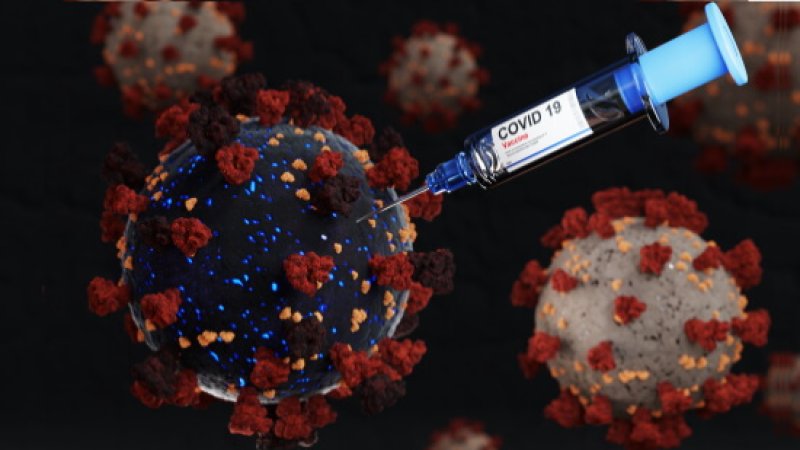What does it take to be nimble enough to design and test an updated vaccine against an unknown viral strain, in record time? Nature spoke to three COVID-19 vaccine makers — Pfizer, Moderna and AstraZeneca — to find out exactly how they are preparing.
Over the past few months, all three companies have been running dress rehearsals by practising on known SARS-CoV-2 variants. This involves updating their vaccines to match variants such as Beta and Delta, testing them in clinical studies, tuning their internal workflows and coordinating with regulators. Their goal is to learn from these warm-up trials and smooth out kinks in their processes, so that they can move fast if, or when, a true escape variant emerges.
“At some point, inevitably, we’re going to have to make variant vaccines — if vaccines are the way population immunity will be maintained — but we’re not at the point where we can confidently predict the evolution of the virus,” says Paul Bieniasz, a virologist at the Rockefeller University in New York City. “Practising with existing variants seems like a reasonable approach.”
































